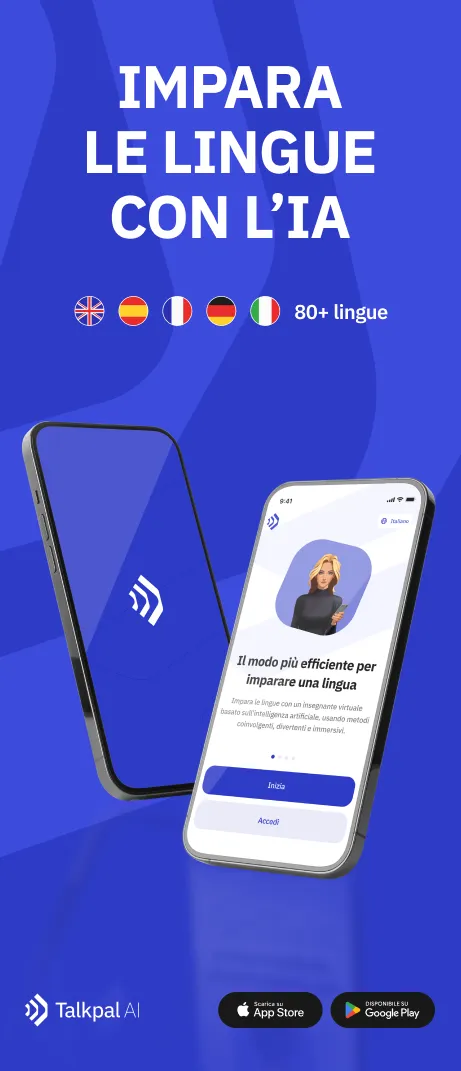Verbi modali: uso base
Hint: “Can” esprime abilità (“so nuotare molto bene”).
2. You *should* go to bed earlier.
Hint: “Should” per dare un consiglio (“dovresti andare a letto prima”).
3. He *must* finish his homework.
Hint: “Must” indica obbligo (“deve finire i compiti”).
4. We *may* leave soon.
Hint: “May” per possibilità o permesso (“potremmo andarcene presto”).
5. *Could* you help me, please?
Hint: “Could” per richiesta cortese (“potresti aiutarmi?”).
6. They *will* travel to Canada next year.
Hint: “Will” per futuro certo (“andranno in Canada”).
7. I *might* go to the party.
Hint: “Might” per possibilità (“potrei andare alla festa”).
8. You *must not* touch this!
Hint: “Must not” per divieto (“non devi toccare questo!”).
9. She *can’t* drive a car.
Hint: “Can’t” per impossibilità (“non sa guidare”).
10. We *would* like some coffee.
Hint: “Would” per cortesia/condizionale (“vorremmo del caffè”).
Verbi modali: permesso, deduzione, capacità passata e consigli
Hint: “May” per chiedere permesso formale (“posso aprire la finestra?”).
2. You *must be* tired after that long trip.
Hint: “Must be” per deduzione (“devi essere stanco…”).
3. He *could* run very fast when he was a child.
Hint: “Could” per abilità passata (“poteva correre veloce”).
4. You *shouldn’t* eat so much sugar.
Hint: “Shouldn’t” per dare un consiglio (“non dovresti mangiare tanto zucchero”).
5. We *can* meet at the station.
Hint: “Can” per possibilità/potere (“possiamo incontrarci”).
6. The answer *might* be wrong.
Hint: “Might” per possibilità (“potrebbe essere sbagliata”).
7. *Could* I ask you a question?
Hint: “Could” per richiesta gentile (“potrei fare una domanda?”).
8. She *will* help you with your project.
Hint: “Will” per promessa/futuro (“ti aiuterà con il progetto”).
9. You *mustn’t* be late.
Hint: “Mustn’t” per obbligo negativo (“non devi essere in ritardo”).
10. He *would* call if he had time.
Hint: “Would” per condizionale (“chiamerebbe se avesse tempo”).










